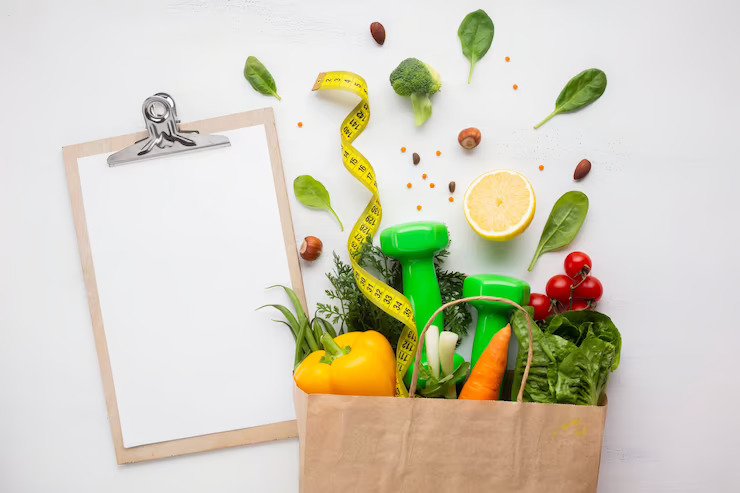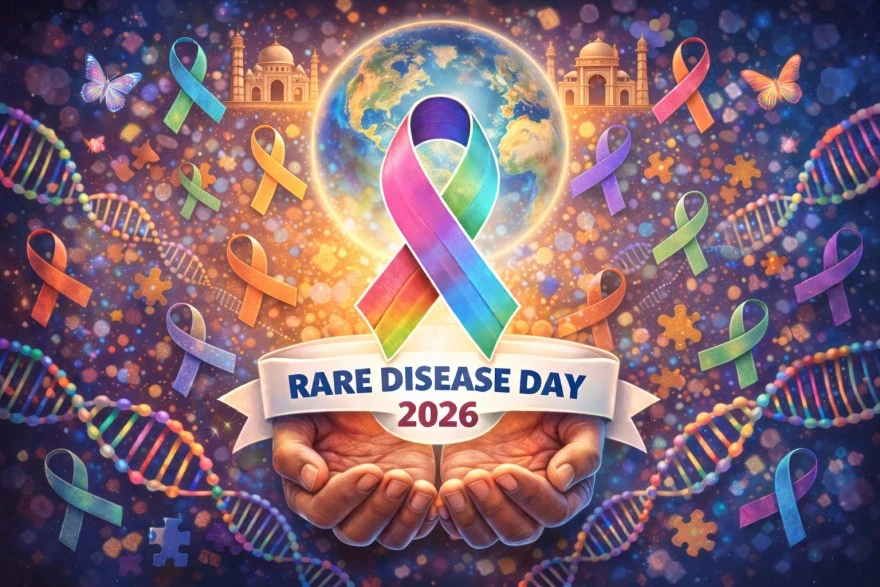Preventive Healthcare
Renal Diet: Foods, Benefits and Seven Days Meal Plan

Table of Contents
The term renal means kidney. If we say renal failure, it implies kidney failure.
When we eat or drink, our body absorbs all the required nutrients to energize the body. The unnecessary residual is then carried out by the blood. It reaches our kidneys. The kidney then filters out nutrients and converts them into urine. In kidney disease, some nutrients can cause harm to the kidney. Hence following a renal function test and a renal diet plan can protect your body from such damage by keeping track of kidney health..
Seven Days Renal Diet Meal Plan
Patients with kidney disease must follow a strict renal diet plan to reduce the amount of waste in their blood. Body wastes come from the food we eat and the liquid we consume. If the kidney’s functionality is compromised, it will not filter the waste properly. In addition, if such wastes are left untreated in the body they will impact the body’s electrolytes.
Following a kidney diet plan will slow down the process of kidney failure. The renal diet plan contains low sodium, protein, and phosphorus.
Check the below-mentioned 7-days diet plan
Sunday
| Breakfast (8-8:30 AM) | Vangibath 1 cup with toned milk (1 cup) or 1 cup of tea |
| Mid-meal (11-11:30 AM) | 100gm apple |
| Lunch (2-2:30 PM) | 2 roti + 1 cup rice+ red gram daal soaked in water for 2 hours + 1/2 cup curd and ½ cup cabbage sabzi |
| Evening (4-4:30 PM) | 1 cup murmura (puffed rice)+ 1 cup toned milk or tea |
| Dinner (8-8:30 PM) | 1 cup rice with ½ cup cabbage sabzi |
Monday
| Breakfast (8-8:30 AM) | Capsicum rice 1cup with 1 cup toned milk or tea (1 cup) |
| Mid-meal (11-11:30 AM) | 100 gram pear |
| Lunch (2-2:30 PM) | 1 cup rice + ½ cup lauki daal +1/2 cup bhindi sabzi + 1/ 2 cup curd |
| Evening (4-4:30 PM) | 1 cup toned milk or 1 cup tea with 4 biscuits |
| Dinner (8-8:30 PM) | 1 cup rice with ½ cup bhindi sabzi |
Tuesday
| Breakfast (8-8:30 AM) | 3 rice dosa with 100ml sambhar + 1tsp tomato chutney + 1cup tea or toned milk |
| Mid-meal (11-11:30 AM) | 4 strawberries or jamun fruit (small) |
| Lunch (2-2:30 PM) | 2 roti with 1 cup rice + ½ cup sambhar + ½ cup lauki sabzi +1/2 cup curd |
| Evening (4-4:30 PM) | 1 cup toned milk or tea with 3 cracker biscuits |
| Dinner (8-8:30 PM) | ½ cup lauki sabzi with 1cup rice |
Wednesday
| Breakfast (8-8:30 AM) | 4 rice idly + ½ cup sambhar (ladies finger, onion, red-gram leached daal, bottle gourd) + 1tsp methi chutney + 1 cup tea or toned milk |
| Mid-meal (11-11:30 AM) | 100 gm pineapple |
| Lunch (2-2:30 PM) | 1 cup rice + 1/2cup ridge gourd sabji+ 2 roti+ ½ cup methi daal + ½ cup curd |
| Evening (4-4:30 PM) | 1 cup tea or toned milk with 4 biscuits |
| Dinner (8-8:30 PM) | 1 cup rice with ½ cup ridge gourd sabzi |
Thursday
| Breakfast (8-8:30 AM) | 1 cup vermicelli upma with 1 cup tea or toned milk |
| Mid-meal (11-11:30 AM) | 100 gm musk melon |
| Lunch (2-2:30 PM) | 1.5 cup rice+ capsicum sabzi (1/2 cup), ridge gourd daal (1/2 cup) |
| Evening (4-4:30 PM) | ½ cup poha with 1 cup of tea or toned milk |
| Dinner (8-8:30 PM) | capsicum sabzi (1/2 cup) with 1 cup of rice |
Friday
| Breakfast (8-8:30 AM) | ½ cup capsicum curry with 3 roti +1 cup toned milk or tea |
| Mid-meal (11-11:30 AM) | 100 gm papaya |
| Lunch (2-2:30 PM) | 2 roti, 1 cup rice, brinjal sabzi, ½ cup tomato daal and ½ cup curd |
| Evening (4-4:30 PM) | 1 cup tea or toned milk with 4 biscuits |
| Dinner (8-8:30 PM) | Brinjal sabji with 1 cup rice |
Saturday
| Breakfast (8-8:30 AM) | 1 cup tomato rice with methi chutney (2 tsp), 1 cup tea or toned milk |
| Mid-meal (11-11:30 AM) | 100 gm watermelon |
| Lunch (2-2:30 PM) | 1.5 cup rice, ½ cup mixed veg sambhar (drained red gram daal, ridge gourd, snake gourd, lauki), ½ cup parval, ½ cup curd |
| Evening (4-4:30 PM) | 1 cup tea or toned milk with 4 biscuits |
| Dinner (8-8:30 PM) | ½ cup ivy gourd sabzi with 1 cup rice |
You can follow the above given renal diet food list. It is just for your reference. You must consult your doctor before making any diet plan list.
Tips to Take Care of Your Kidney
Manage Your Blood Sugar Level:
Diabetes patients have a higher chance of kidney damage. It is because, in diabetes, our body cannot use the glucose in the blood. Hence the body's kidney needs to work hard to filter blood. This extra exertion over time may lead to kidney failure.
Monitor Blood Pressure:
High blood pressure may damage your kidney. In addition, it will impact your overall body if you have high blood pressure because of other problems like heart disease or high cholesterol.
Drink Plenty of Fluids:
You might have heard from the elders to drink eight glasses of water daily. This is because increasing water intake will keep your kidney healthy.
Eat a Balanced Diet:
Obese people are at high risk of several health conditions. These may lead to kidney damage. Such health conditions include heart disease, diabetes, etc.
Risk Factors of Kidney Disease
Below are some of the aspects which may lead to kidney disease:
- High diabetes
- High blood pressure
- Have experienced heart problems like a heart attack or stroke.
- Family history of kidney disease.
- Obesity with Body Mass Index (BMI) of more than 30.
- Smoking
Benefits of Following a Renal Diet Plan
Following a renal diet plan can positively impact your body, especially if you are struggling with kidney problems.
- Manage Kidney Problems: This diet plan will slow the progression of kidney disease. It will minimize kidney load to slow down the decline of kidney function.
- Check Electrolyte Balance: The renal diet plan balances fluid and electrolytes like sodium and potassium by controlling fluid intake.
- Manage Blood Pressure: A renal diet plan can manage blood pressure by limiting sodium intake. Sodium is a leading contributor to blood pressure.
- Improve Overall Health: Through a balanced and nutritious diet, a renal diet can improve your overall health.
Conclusion
Hence it is always recommended to keep a check on your blood sugar level, blood pressure and other heart-related problems. This is because such conditions increase the risk of kidney failure. If you are already facing kidney issues, consult your doctor and start following the renal diet plan to minimize the risk of kidney failure.




























